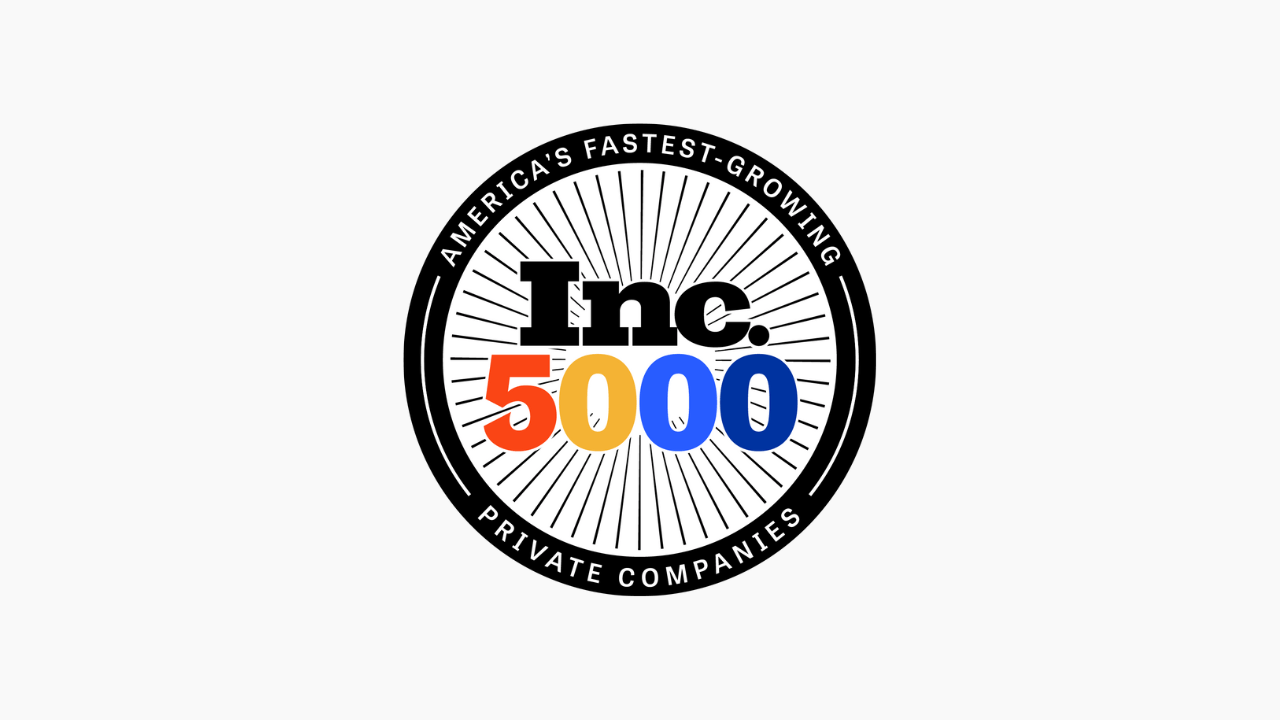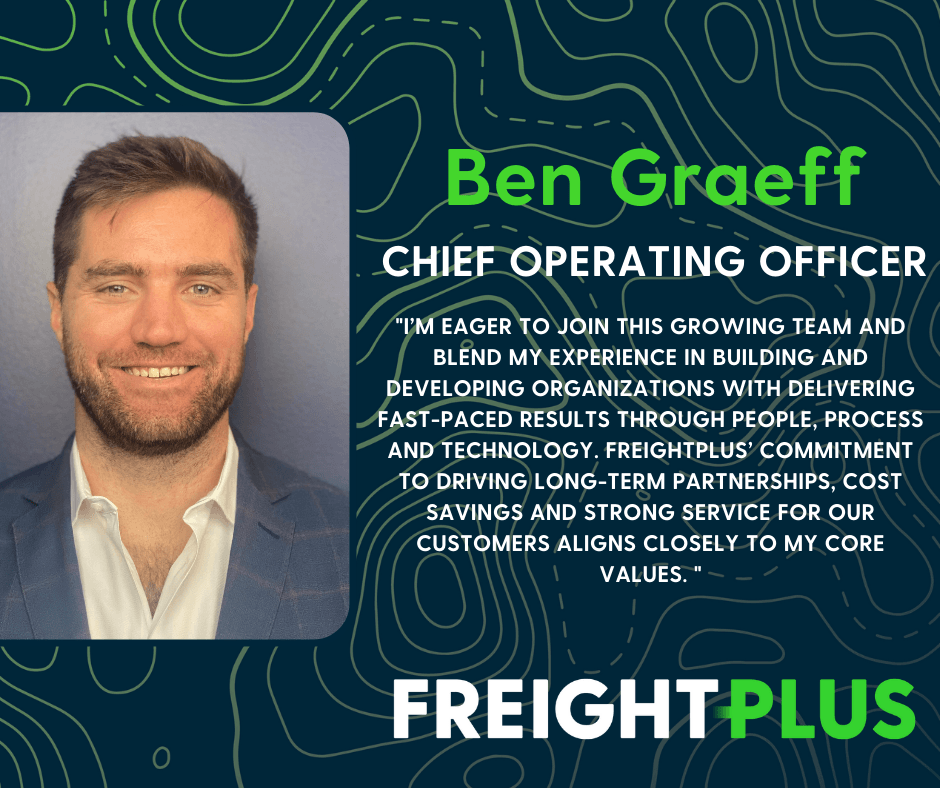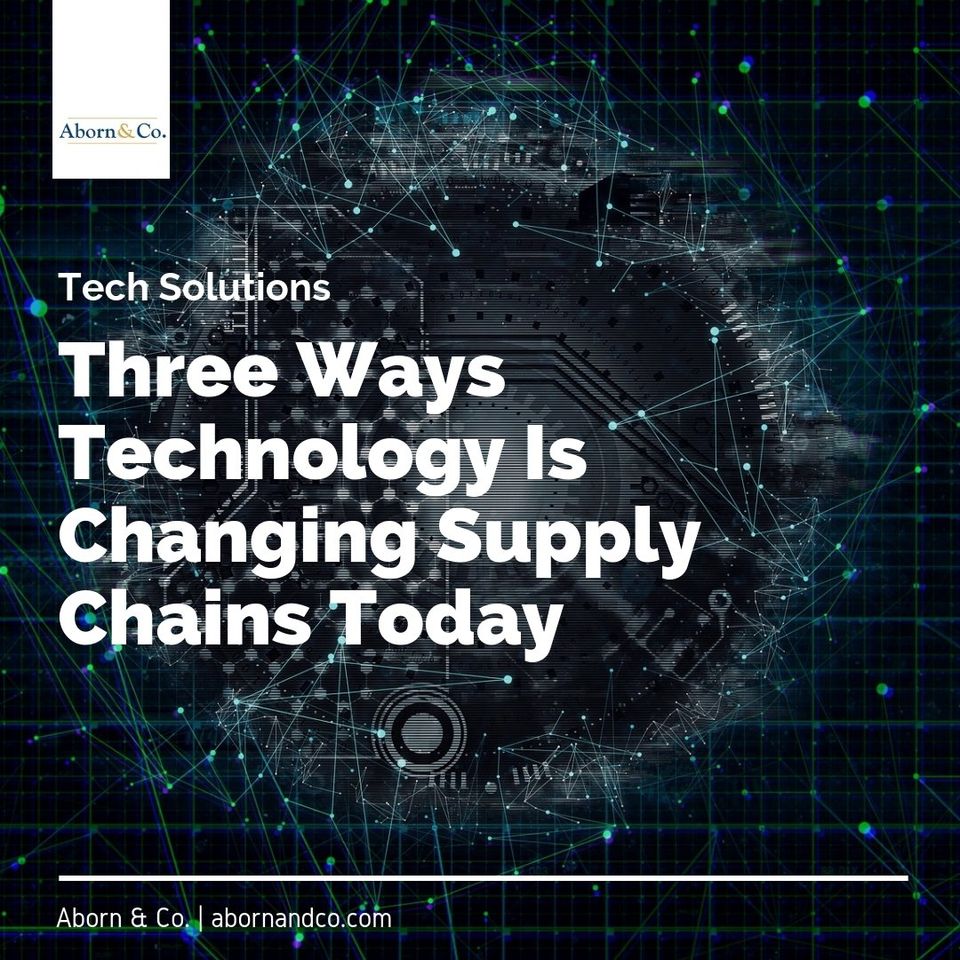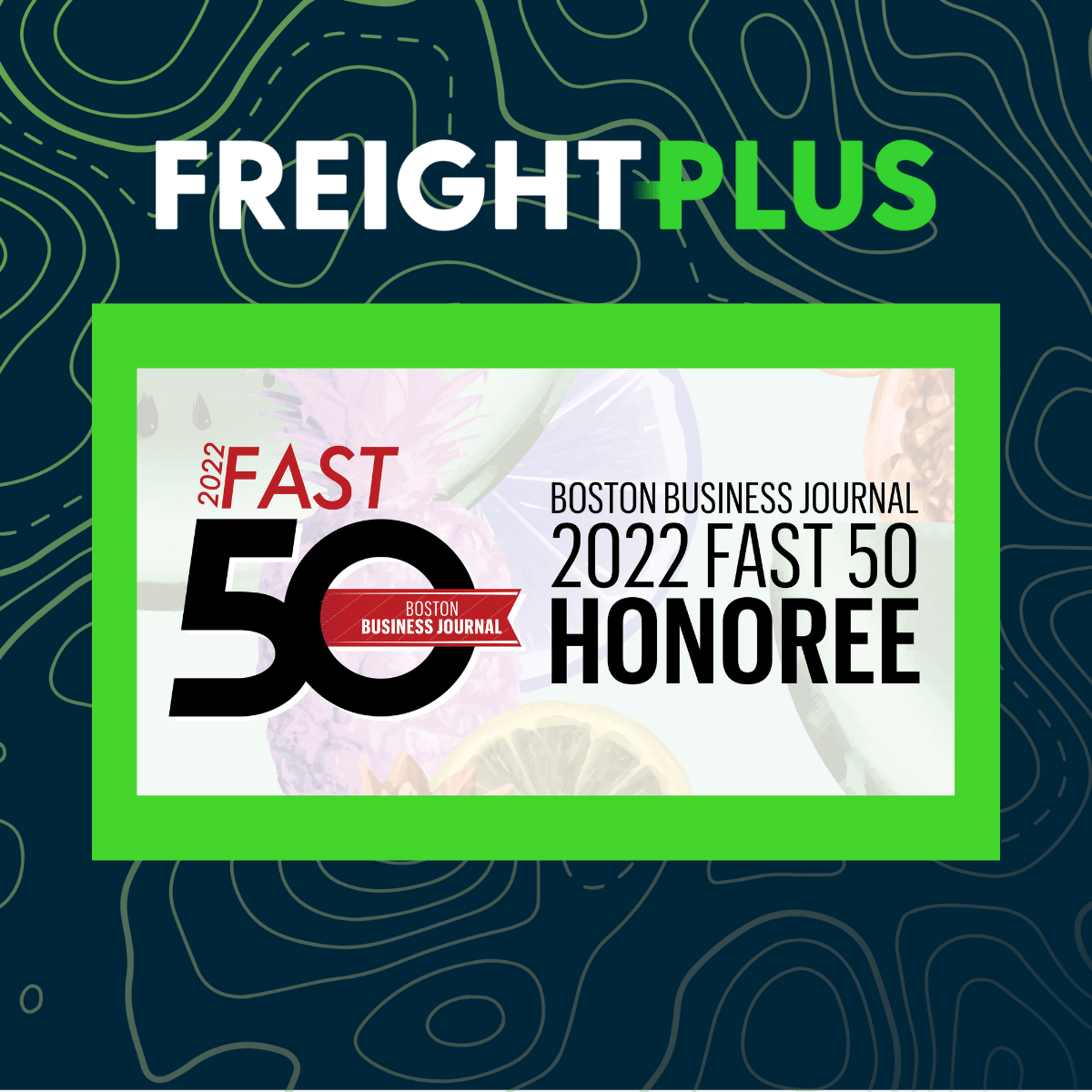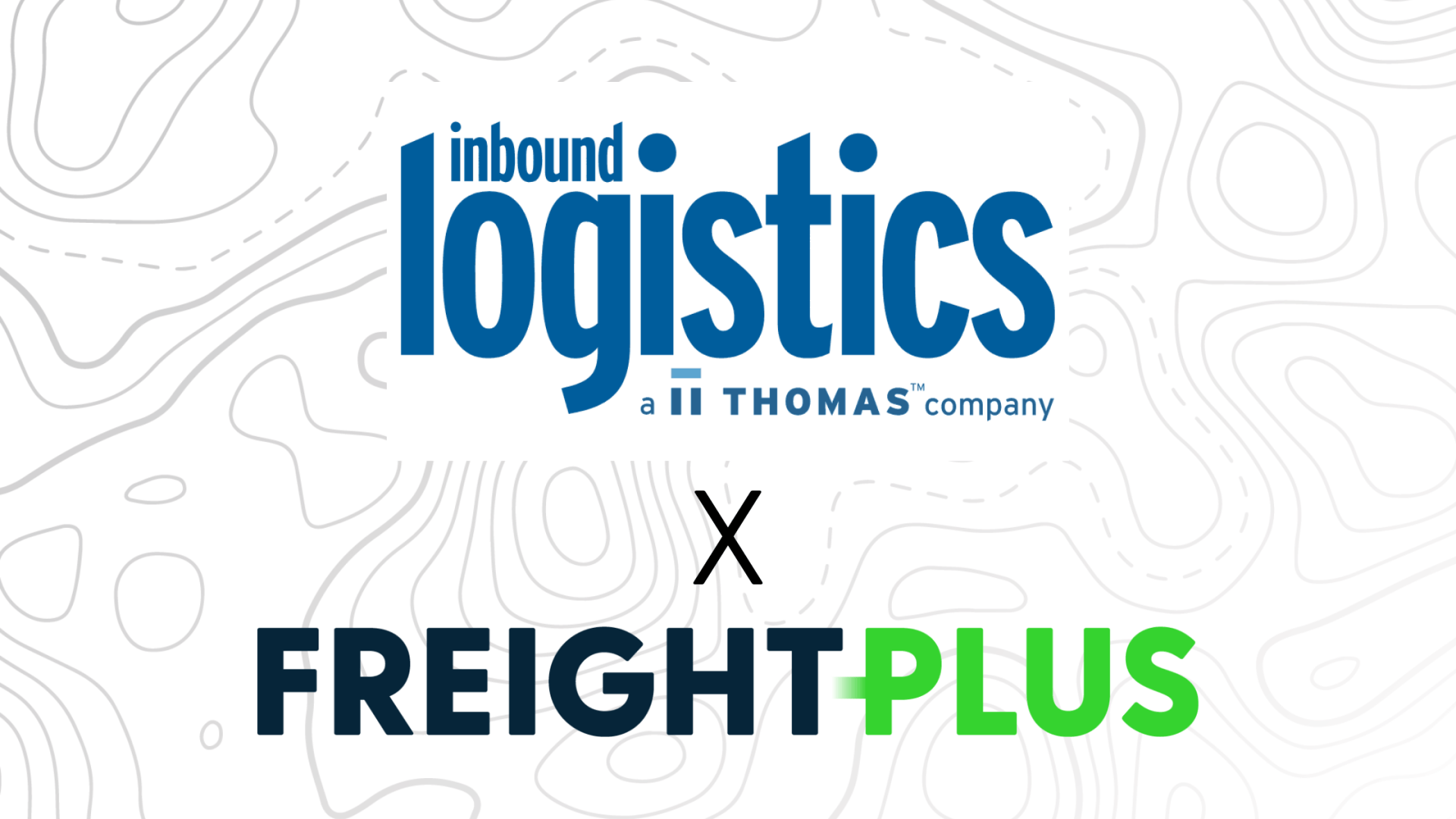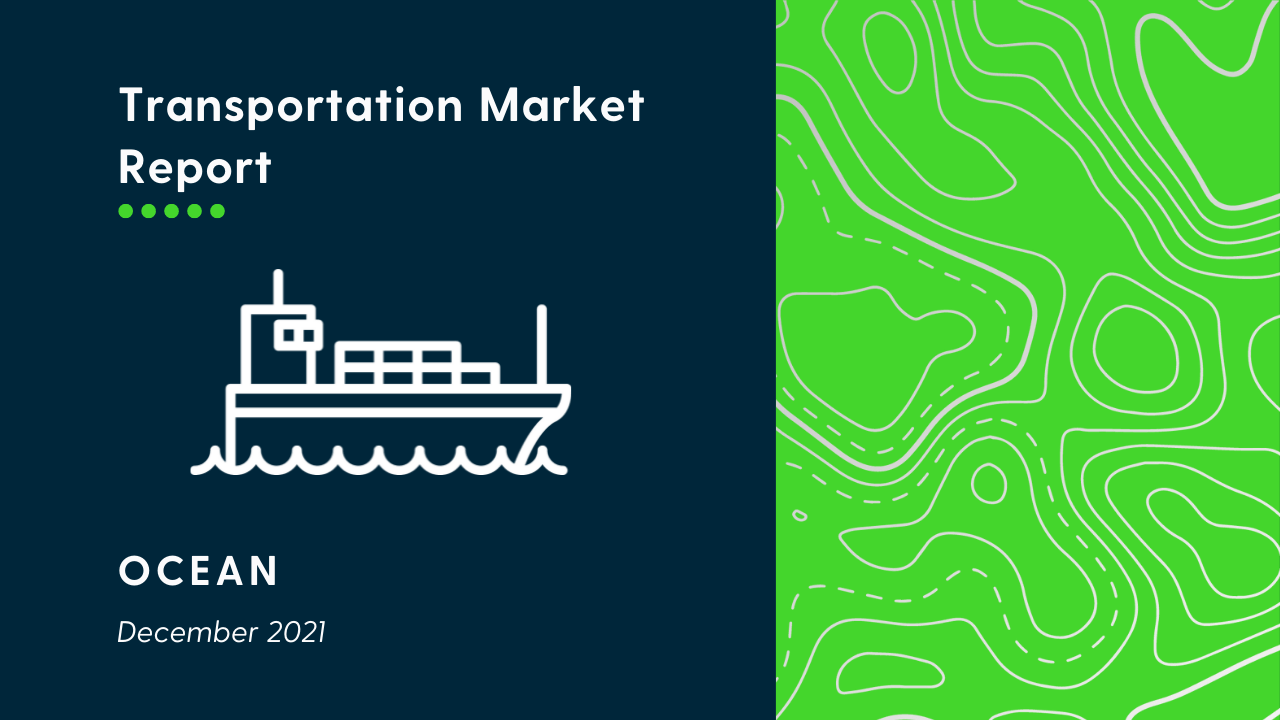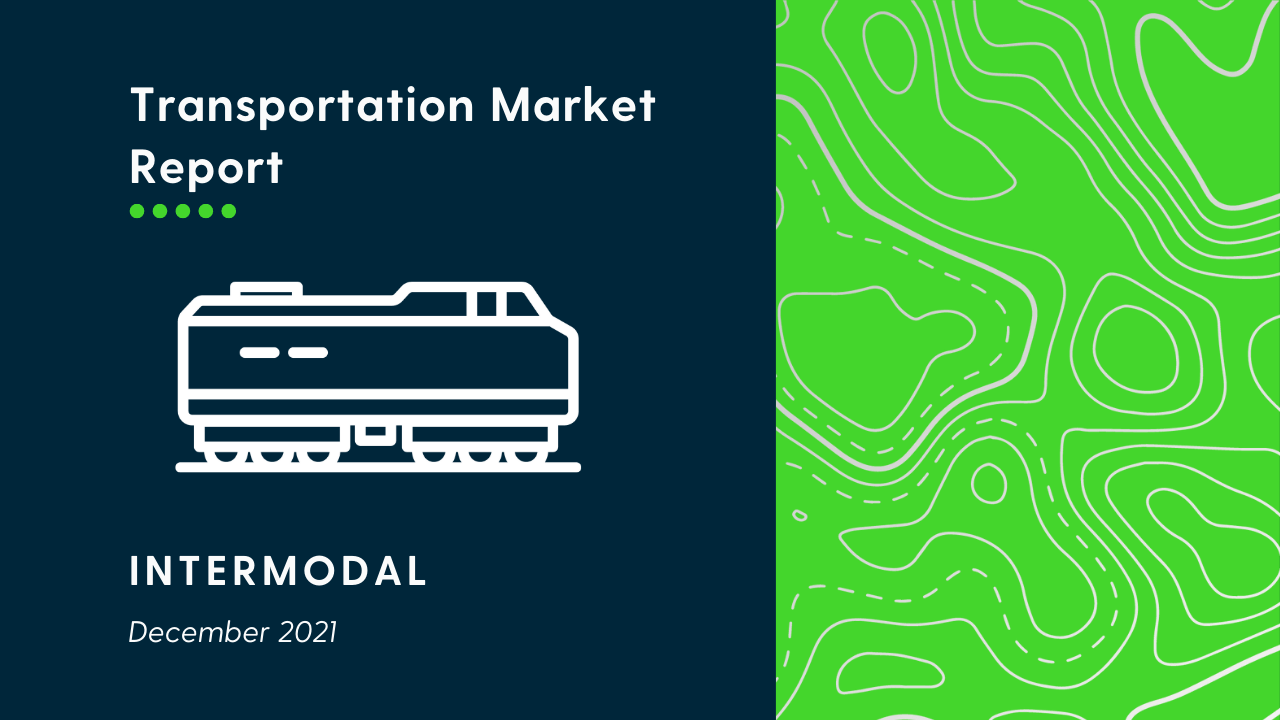Three Ways Technology Is Changing Supply Chains Today
The results of the American Transportation Research Institute’s 2018 Trucking Industry Survey have been published, and the results aren’t all that shocking. The driver shortage tops the list of industry professional’s concerns, with nearly 700 of the 1,539 surveyed listing it as a Top 3 concern. Hours-of-Service raised the second largest concern, with driver retention, ELD mandate, and parking rounding out the top five.
Download our free carrier concerns infographic
It’s a widely held belief that the best way to start a
business is to fix a widely held problem. If the survey showed nothing else, it
spotlighted that industry leaders agree on several pain points This begs a
simple question: who is tackling the issues we are seeing today in
transportation? We’ve identified three programs that are addressing issues seen
across the field today.
Last week, Convoy revealed their newly designed offering named Flex Loads. The new program allows shippers to list their loads as Flex Loads, signaling to any carriers who may be interested that pick-up and delivery times are flexible. If the carrier needs another day to pick-up or deliver, they’ll still be able to secure the load.
This provides a win-win situation for the shipper and carrier. For the shipper, flexible pickups and deliveries make a load more attractive to carriers who are constantly looking to secure a perfect load and will garner more takers and better pricing. For carriers, this takes the headache and waste that comes with rigid scheduling.
What does it solve?
According to the ATRI, the number one issue among trucking professionals is the driver shortage. Analysis of the survey showed most carrier hoped to address the issue through recruiting, but Flex Loads may provide a different solution to the same problem. The ATRI notes drivers move empty loads one-fifth of the time. One-fifth! Perfectly optimizing the routing of today’s workforce would be similar to adding 25% more drivers. While the math is crude and the goal unfeasible, Flex Loads can help push optimization in the right direction by providing perfect loads which are more likely to be a “perfect match”.
In a more direct sense, smart scheduling leads to less detention time. And less detention time means less time in the lot and more time on the road. Perfected, this could turn the mountain that is Hours of Operation into a molehill… or at least a much smaller mountain. This outside-the-box thinking uses the same assets to create capacity.
Around the same time Convoy debuted Flex Loads, Uber Freight announced a new trailer rental program entitled Powerloop. By enabling their app users to rent trailers through Powerloop, Uber Freight has enabled small carriers and small shippers the ability to tap into the advantages of using drop trailers.
Just like Flex Loads, this is a win-win for shippers and carriers. Shippers will have the capability spreading their schedule more evenly. As long as their freight can keep without temperature regulation, shippers can load a Powerloop trailer whenever they have a free minute in their day. For carriers, they now have access to drop trailers regardless of their size and available capital. Even large-scale companies with enough capital to drop trailers at common locations now have the advantage of utilizing drop trailers at a-typical locations.
Though trailer rental companies have been around for years, Powerloop may stand to pick-up momentum quickly by being so closely tied to a common and easy-to-use brokerage in Uber.
What does it solve?
Powerloop provides the advantages of drop trailers to a wider audience including small shippers who may not move enough freight with any one carrier to justify holding a drop trailer. Similarly, carriers without the capital to leave a trailer can access the advantages of carriers who do. Of the 1.2 million trucking companies in the US, 90% operate less than seven trucks. Enabling a fractured industry to use a strategy typically held by large-scale companies could be a game-changer.
Like Flex Loads, this will reduce time in the lot and increase time on the road. And not only can Powerloop help by easing the restraints of HOS, it may also lower the barrier to entry for owner-operators and increase drivers on the road.
In October, Aborn & Co. launched their Day01.io site and service which is aimed at cleaning up transportation data. As supply chains become digitized, shippers are faced with a mountain of data that they’re not using in meaningful ways. This isn’t entirely the shippers’ fault, as data comes from many sources now and few carriers employee the technology to service this need. What happens is that companies are left with digital mountains of data. To ever truly get a clear view from the summit, shippers need to start pooling their own freight data into a single source of truth...but that all starts with clean data.
What does it solve?
Considering that data capture and supply digitization is a fast emerging priority and need for shippers, Day01 provides a service that carriers aren’t currently investing in. In the ATRI survey, the only time that technology is mentioned is in terms of ELDs. While this may not concern the carriers, it is most certainly a gigantic problem for shippers. The Day01 program was launched with the understanding that most shippers’ data is in disarray. Knowing that, the goal of Day01 is to review the health of your supply chain data and advise on where you are now and where you need to be in order to have a best in class transportation department.
To get a free transportation data report just visit www.day01.io
Check out our podcast on data clean up at www.consultinglogistics.io
Or listen below or on iTunes , Spotify , or simply search your favorite podcast player for Consulting Logistics!

